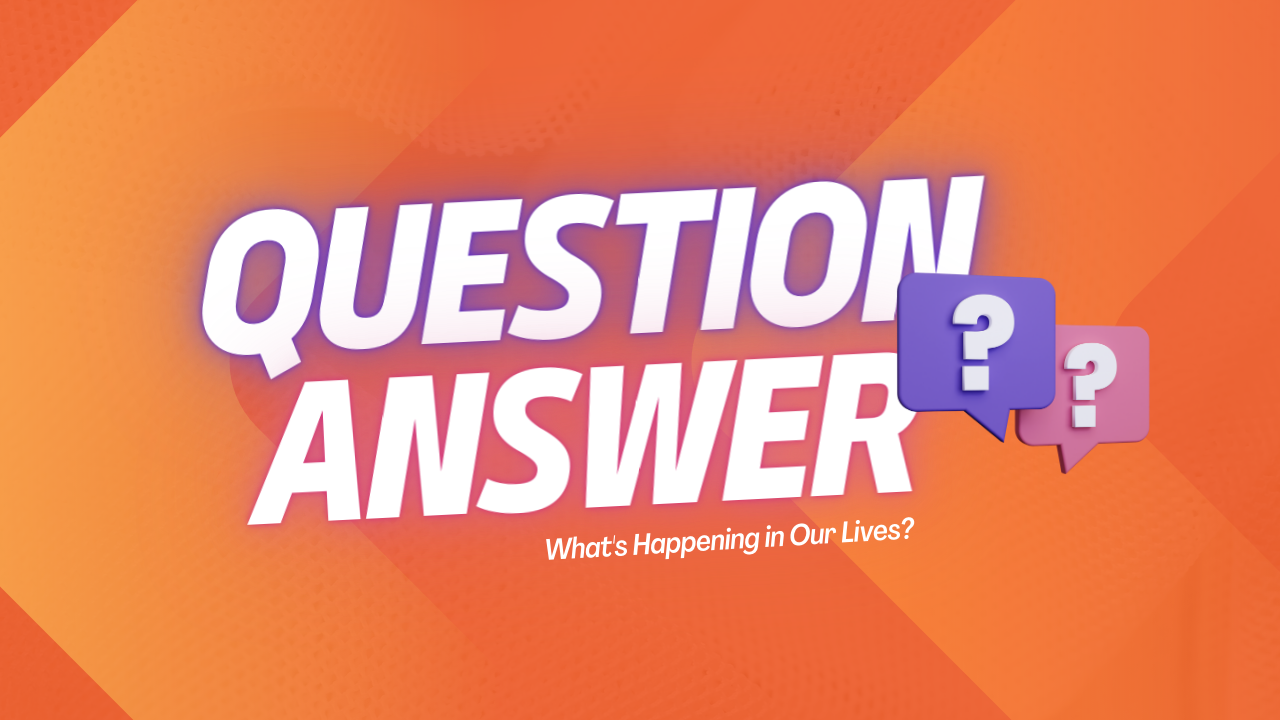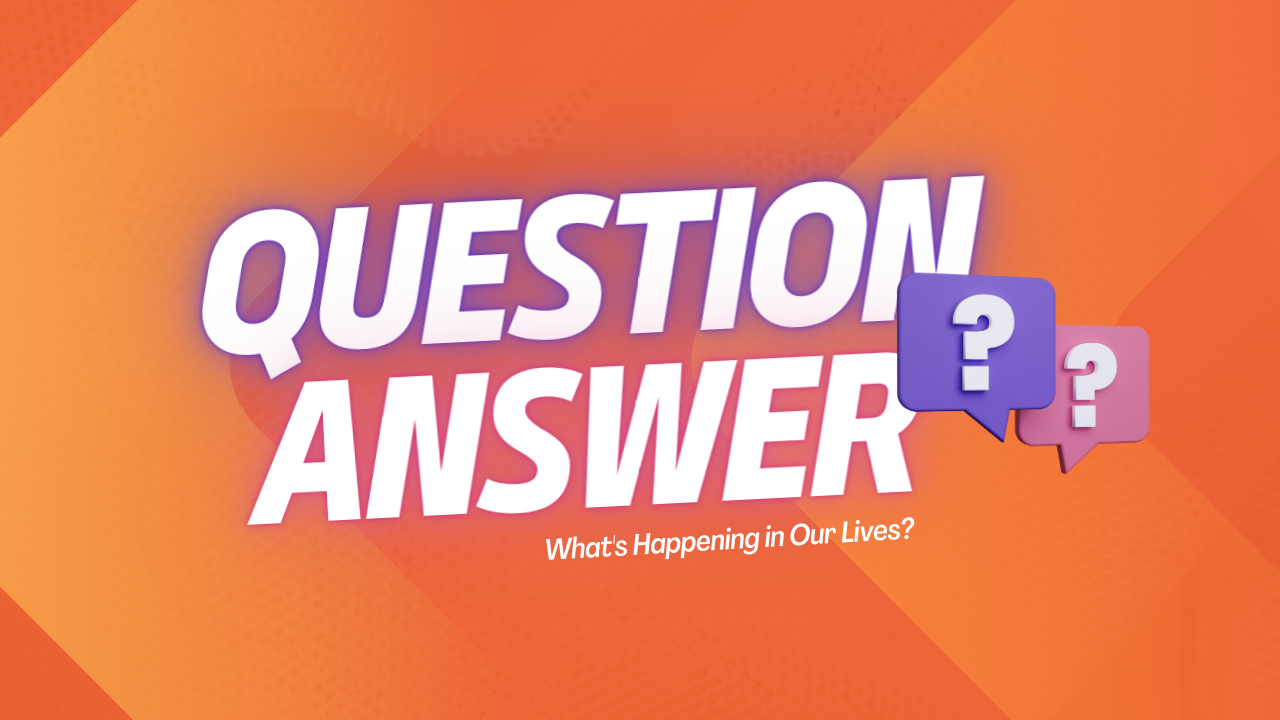How has Facebook influenced online activism and social movements?
Facebook has become one of the most influential platforms for online activism and social movements. With over 2.7 billion active users, Facebook provides a platform for individuals to connect, share ideas, and advocate for change on a global scale. In this article, we will explore how Facebook has influenced online activism and social movements.
1. Amplifying Voices
One of the most significant ways Facebook has influenced online activism and social movements is by amplifying voices. Facebook provides a platform for individuals to share their opinions, beliefs, and experiences with a vast audience. This platform has enabled individuals to organize and mobilize for causes they care about, whether it's advocating for social justice, environmental issues, or political reform.
Facebook's algorithms also play a significant role in amplifying voices. The platform's algorithms prioritize content that receives a lot of engagement, such as likes, comments, and shares. As a result, content that is shared by a lot of users will be seen by a more extensive audience. This has helped to amplify the voices of activists and social movements, making it easier for their message to spread.
2. Building Communities
Another way Facebook has influenced online activism and social movements is by providing a platform for building communities. Facebook groups have become an essential tool for organizing and mobilizing individuals around a particular cause or issue. These groups provide a space for individuals to connect, share ideas, and organize actions, whether it's a protest, fundraiser, or petition.
Facebook groups have been used to mobilize people around a wide range of issues. For example, after the killing of George Floyd, Facebook groups were created to organize protests and rallies across the United States. These groups played a significant role in mobilizing people and bringing attention to the issue of police brutality.
3. Rapid Spread of Information
Facebook has also enabled the rapid spread of information, which has been critical for online activism and social movements. With the click of a button, individuals can share news articles, videos, and other content with their friends and followers. This has helped to raise awareness about important issues and mobilize individuals around a particular cause.
Facebook's algorithms also prioritize recent and relevant content. This means that when a significant event occurs, such as a natural disaster or political protest, Facebook's algorithms will prioritize content related to that event. This helps to spread information quickly and reach a wider audience.
4. Increased Engagement
Facebook has also increased engagement around social issues. The platform provides a space for individuals to express their opinions, share their experiences, and connect with others who share their beliefs. This has helped to create a sense of community and belonging among activists and social movement supporters.
Facebook has also enabled individuals to engage with public figures and organizations directly. For example, individuals can leave comments on the pages of politicians and other public figures, which can be seen by a wide audience. This has helped to hold public figures accountable for their actions and statements.
5. Challenges and Criticisms
While Facebook has had a significant impact on online activism and social movements, it has also faced challenges and criticisms. One of the biggest criticisms of Facebook is its role in spreading misinformation and propaganda. This has been a particular concern during political campaigns, where false information can be used to sway public opinion.
Another challenge for Facebook is the spread of hate speech and harassment. While Facebook has policies in place to address hate speech and harassment, these policies have been criticized for not being effective enough. This has led to concerns about the safety of individuals who engage in activism and social movements on the platform.
Facebook has had a significant impact on online activism and social movements. The platform has provided a space for individuals to connect, share ideas, and advocate for change on a global scale. By amplifying voices, building communities, spreading information rapidly, increasing engagement, and providing a platform for engaging with public figures and organizations directly, Facebook has helped to mobilize individuals around important issues and bring attention to social justice and political reform. However, it has also faced challenges and criticisms, particularly around the spread of misinformation and hate speech.
Moving forward, it will be essential for Facebook to address these challenges and continue to provide a safe and inclusive space for online activism and social movements. This will require a commitment to transparency and accountability, as well as ongoing efforts to improve policies and algorithms to combat hate speech, harassment, and the spread of misinformation.
Overall, Facebook has played a significant role in shaping the landscape of online activism and social movements. Its impact will continue to be felt as individuals around the world use the platform to advocate for change and build communities around issues they care about.




%20and%20transform()%20in%20Pandas.png)

.png)